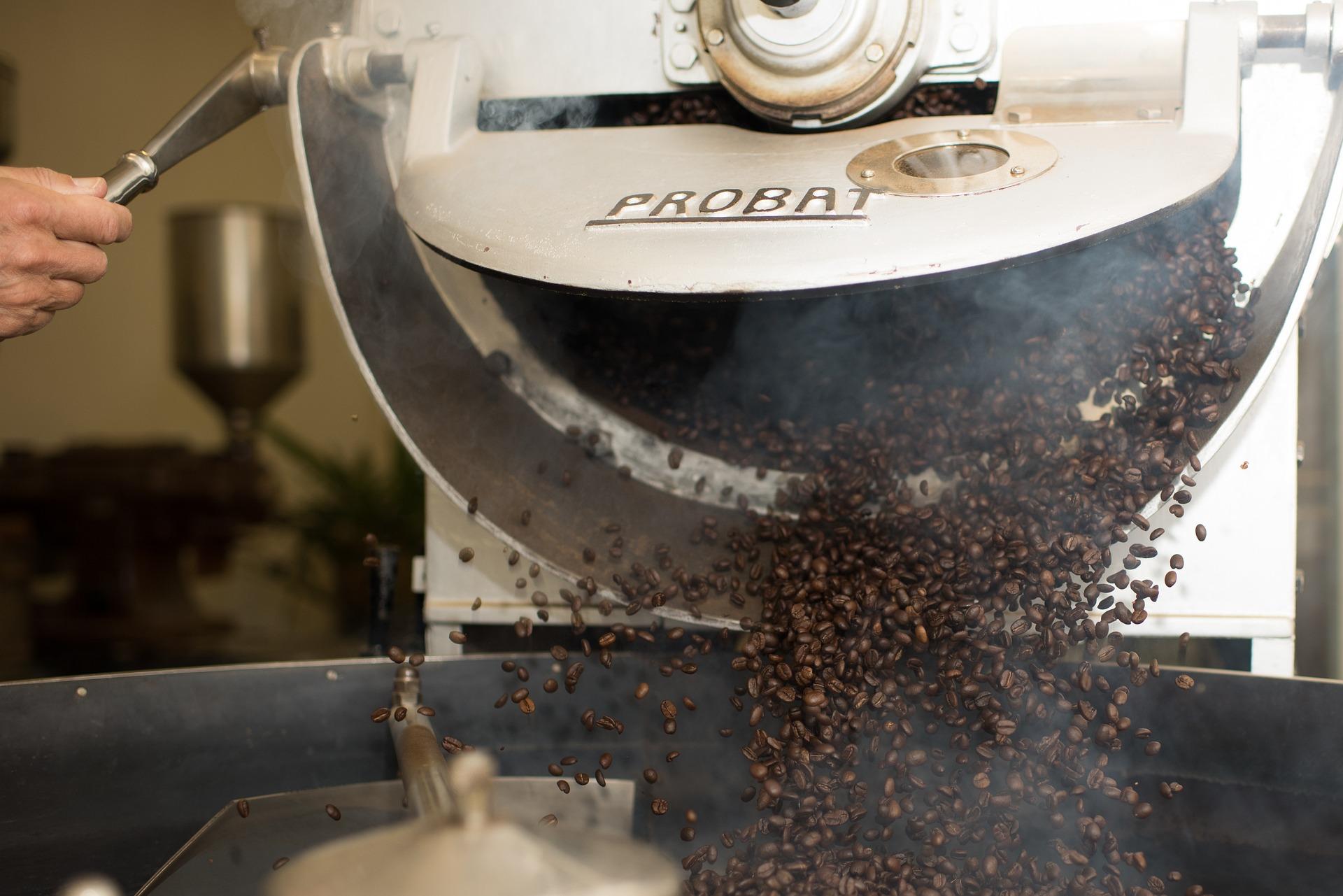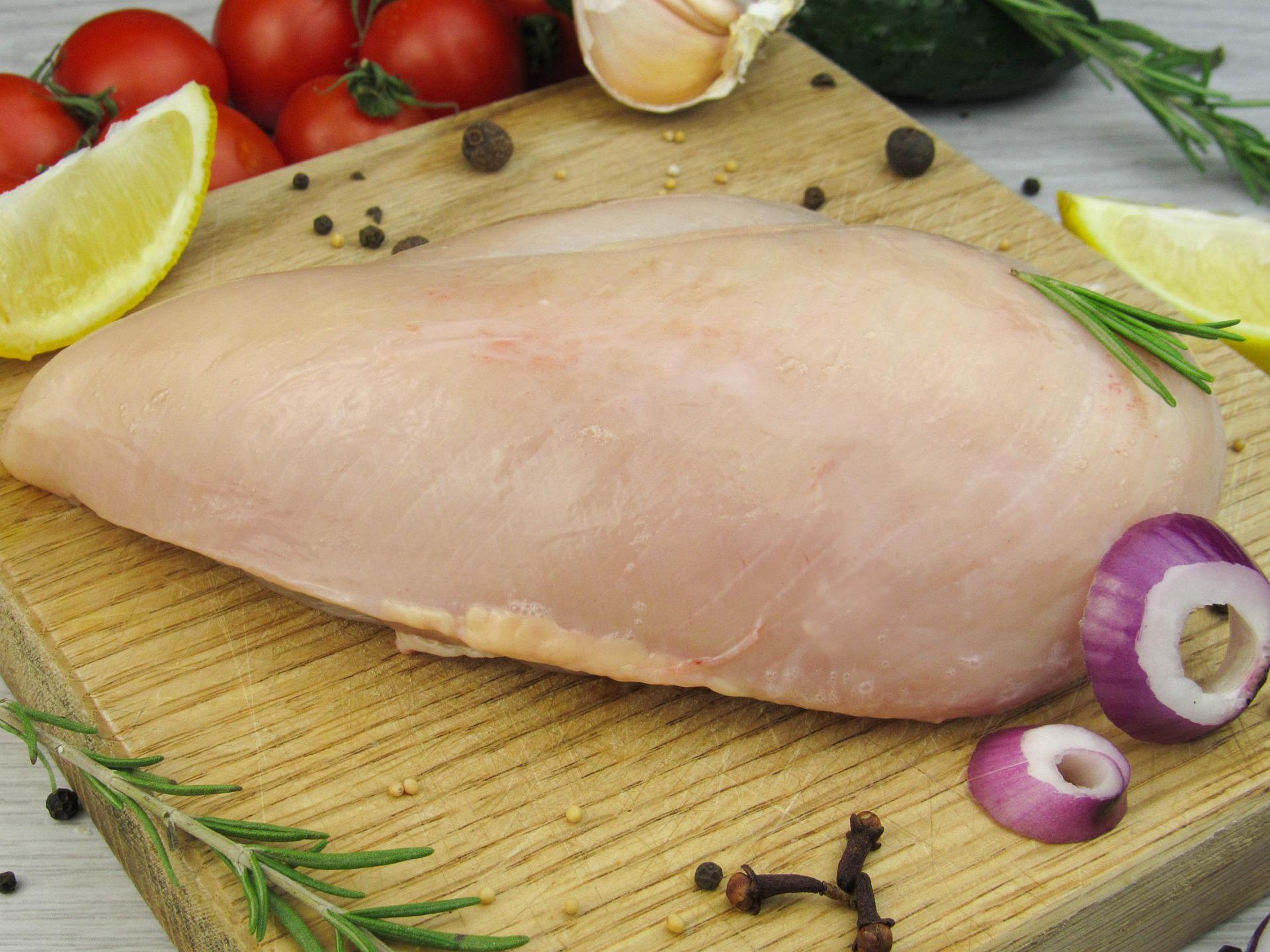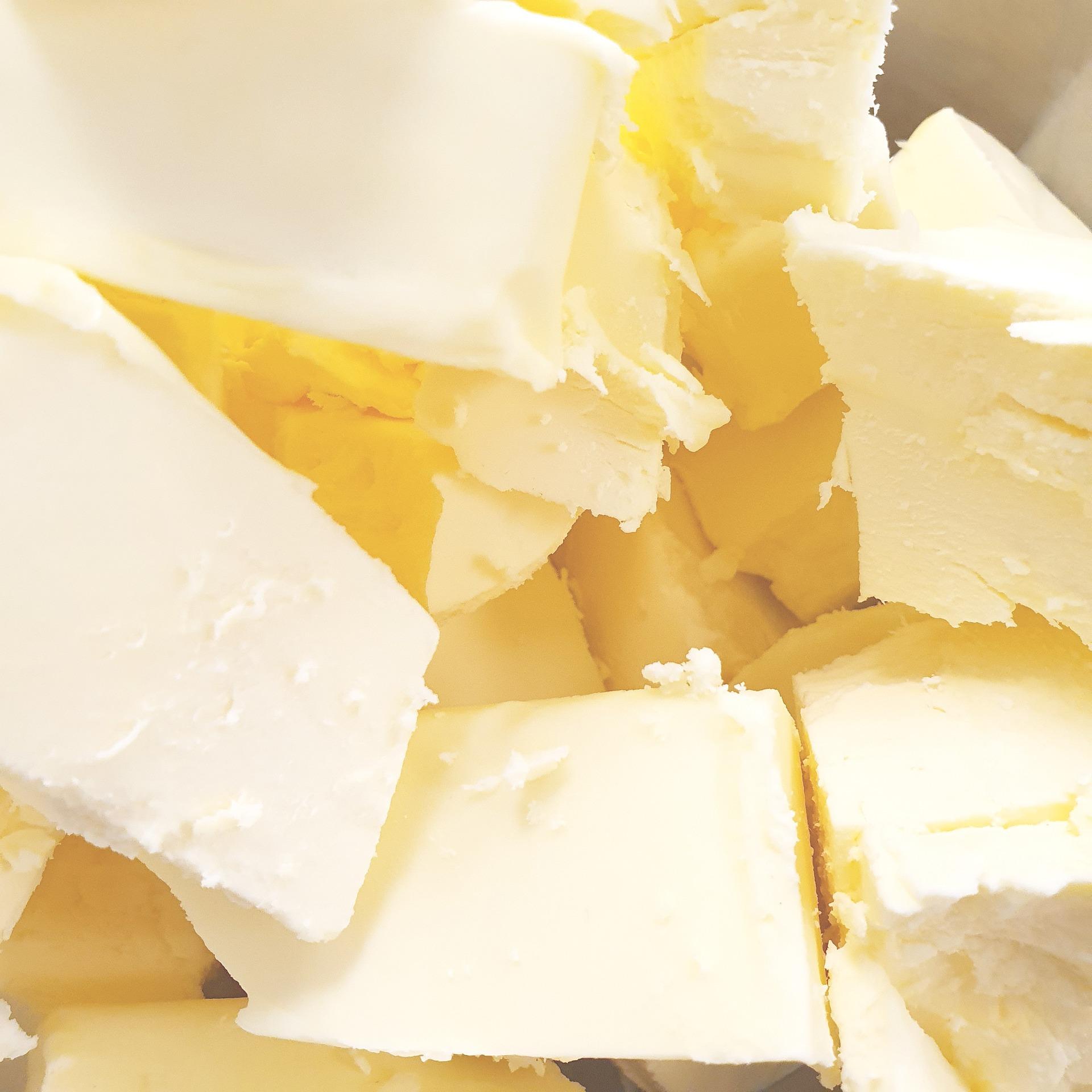
Christmas day is fast approaching. And the holiday season is not complete without a bountiful Christmas feast. Staple dishes are served like a stuffed turkey, roast beef, ham, fruit cake, and pasta. A Christmas isn’t complete without pasta. There are over 300 varieties, if all pasta varieties are accounted for from every country in the world. During Christmas, commonly served are spaghetti, lasagna, and macaroni. But one thing is common to them, starch, which makes up 60% of them in their dry form. The starch is the reason why someone would hesitate to cook the pasta.
Unlike pasta sauce, cooking pasta itself is kind of annoying for sometimes they stick together. Well, for the record, cooking pasta isn’t difficult. But cooking it perfectly is another thing.
Al Dente, anyone?
If you have cooked pasta before and inevitably, the pieces stuck together, well, you are not alone. Try checking several websites, especially Q & A ones. You’ll see questions like,” Why did my pasta stick together?” or “how to properly cook pasta?”Nobody wants to eat that sticky pasta of yours unless you do something about it.
Cooking pasta takes around 8 to 10 minutes. That’s very little time to make a mistake. Bring out the chef in you with a few known science-backed tricks to keep your pasta from sticking.
In its dry and uncooked form, the pasta that we buy from the market contains mostly carbohydrates (starches), which proteins hold together. We’ll show you how you can manipulate the starch during cooking of pasta.
You might also like: Are Korean Instant Noodles Good For You?
Warning! The tips below are what commonly suggested but later on claimed by people to be not effective at all. Probably because they do not know how to properly implement them. Still Interested? Keep reading then.
Step 1
During cooking, make sure the water has reached its full boil before adding the pasta. And make sure you are using a pot large enough to allow proper boiling . If the water isn’t high enough and not boiling, the pieces of pasta won’t be able to move well in the pot and result with the pasta sticking together. Plus, it will only make the pasta, soft and mushy.
Step 2
Once you have a rolling boil, put the pasta into the pot. Then immediately stir it continuously to prevent it from sticking. Do this for the first couple of minutes. At the start of cooking, the pasta takes in water, as it swells. And the starch on the surface turn glue-like. This softening of the starch will continue for 7 minutes. Occasional stirring is required.
Step 3
Around the 8th minute of cooking, you can stop stirring since the pasta won’t stick anymore. How? The layer of starch that has formed gluey on the surface will go firm.
Step 4
After cooking, when the pasta is starting to cool, the starch will turn glue-like again. Rinse it with freshly boiled water to prevent it from sticking.
Must there be oil?
Adding oil, olive oil in particular, is a highly controversial matter. Some people say adding oil to pasta to keep it from sticking does not work but some say otherwise. As a matter of fact, the famous British chef, Gordon Ramsay, likes adding olive oil to the cooking water.
Actually, there is no need for oil. As long as the pasta is stirred often, the pasta won’t stick together during cooking.
Do not discard that starchy pasta water just yet
The pasta sauce just slides off the pasta? No problem.
Most people do away with the water used for cooking the pasta. Little they know that they can use it as not only as a thickening agent but as a binding agent as well. That starchy water is just perfect for that thick sauce that stick to your pasta.
Found another way to keep pasta from sticking? Share it here 🙂


